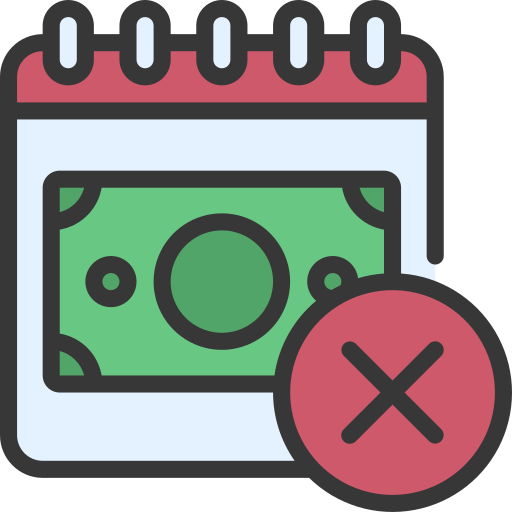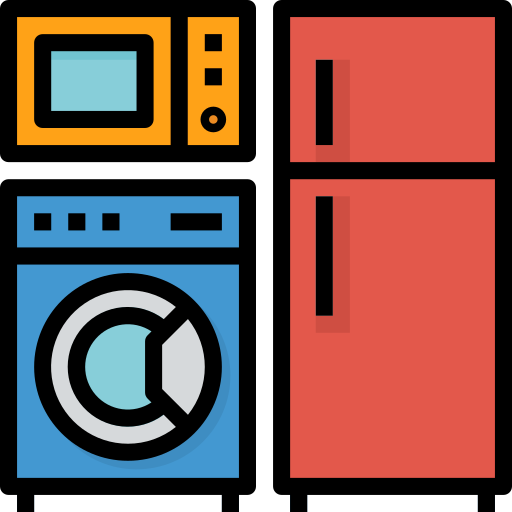A recent Reuters/Ipsos poll conducted April 4–6 reveals that most Americans are aware of the new tariffs announced by President Donald Trump and expect them to raise consumer prices. The survey included responses from 1,027 adults across party lines.
Public Awareness and Understanding
The announcement of a 10% baseline tariff on nearly all imported goods has reached most of the public.




Misunderstanding of trade policy remains widespread, particularly among Republican respondents. Only 19% of Republicans answered correctly about who pays tariffs, compared to 49% of Democrats.
Support for Tariffs and Related Policies
Support for the tariffs and related federal downsizing proposals strongly aligns with political affiliation.
Support for a 10% tariff on all US trading partners:
- Republicans: 73%
- Democrats: 10%
- Independents: 41%
Support for tariffs on Canada and Mexico:
- Around 74–77% of Republicans support them.
- Less than 10% of Democrats agree.
- Independents fall between 31% and 37%.
There are major splits in how people think about tariffs, global competition, and whether economic sacrifices are worth it in the long run.
% of respondents who agree with the following statements:
These partisan gaps also apply to proposals like dismantling the Department of Education, reducing the federal workforce, and cutting public health funding. Republicans broadly support them. Democrats oppose nearly all.
Expectations of Higher Consumer Prices
Most Americans expect the new tariffs to increase the cost of living:
Democrats are more likely than Republicans to expect price hikes across every category. For example, 87% of Democrats expect produce costs to rise, compared to 53% of Republicans.
Signs of Economic Pressure
Financial strain in the US remains common, even before the tariffs take effect:



These figures are consistent with past Ipsos polling from late 2024 and early 2025.
Public Opinion on Health Institutions and Trade Policy
Despite debates over government spending, most Americans say they value public health and regulatory institutions:
- 78% say public health research helps society.
- 75% understand the CDC’s role.
- 78% understand the FDA’s function.
Yet, 30% support freezing funding for federal health agencies. 62% of Republicans agree with that proposal, compared to just 5% of Democrats.
On trade, 52% believe other countries have taken advantage of the US. This belief is strongest among Republicans (85%) and lowest among Democrats (25%).
There is one point of broad agreement: 76% say tariffs should focus on countries that benefit unfairly from current trade arrangements, not be applied universally.
Methodology
The poll was conducted using Ipsos’s KnowledgePanel, a nationally representative online sample. The margin of error is ±3.2 percentage points for the total sample, with higher margins for subgroups.


 Personal electronics
Personal electronics
 Automobiles
Automobiles
 Everyday items
Everyday items
 Household appliances
Household appliances
 Fresh produce
Fresh produce
 Home repairs
Home repairs
 Dairy products
Dairy products